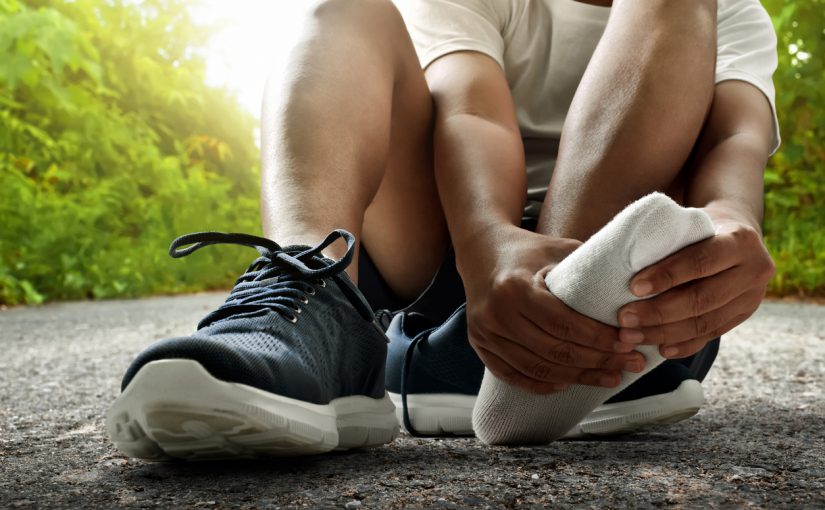A bunion is a large, bony protrusion off of the side of your big toe. It can cause you pain, difficulty with walking or running, and will likely need to be treated. Bunions can come from a number of things, including genetics. If you have a bunion, you’ll need to see a podiatrist to be diagnosed and properly treated. Many wonder, are bunions genetic?
What are Bunions?
Bunions are a condition that affects your big toes. A bunion is a bony bump located on your big toe. Most people’s big toes lean towards their other four toes which is completely normal. However, over time some people’s big toe will push further and further over towards their other four toes.
When this occurs, a bunion can form. It can be painful as it is on your joint, which is where your toes bend when you walk or run. Bunions form slowly over time and can take years to develop. They can be painful and affect your gate so getting treated as early as possible is important. Visit the best foot doctor Los Angeles has around for highest-quality treatment.
Causes of Bunions
While bunions can be caused by a variety of factors, most bunions form due to genetics. So, yes, bunions are genetic. Inheriting feet that have a problematic foot structure can lead to bunions. However, bunions can also stem from conditions like flat feet and highly flexible ligaments. They can also come from improper and unsupportive footwear like heels. The way your feet elevate in heels can negatively impact the structure of your feet, which can lead to bunions. Bunions can also be aggravated by several factors.
- Tight or small shoes that cause your toes to crowd together
- Shoes that have pointy toes
- Standing for long periods
Prevention Methods
There are a variety of ways you can prevent bunions or at least minimize your risk if you are genetically predisposed to them. While these may not fully prevent them, they can slow down the process and allow you time to see a doctor once you notice them beginning to form. Below you will find podiatrist-approved preventative measures.
Footwear:
Wear shoes that fit well and aren’t too tight, too high, or have a pointed toe. Allowing your toes breathing room can help ensure they don’t squish together as that can lead to bunions.
Family Tree:
Find out if anyone in your family suffers from bunions. If so, keep a close eye on the shape of your feet to try and address the issue as soon as you notice any changes.
Toe Dexterity:
Keep your feet strong and active. You can practice this by picking up small objects with your toes.
Bunion Treatments
Now that you know bunions can be genetic, you can take action. If you have been diagnosed with bunions, treatment is necessary. Bunion surgery Los Angeles is the most common and effective treatment option. The surgery is painless, and the recovery is quick. Patients who suffer from terrible bunions experience difficulty with exercise and even walking. Bunion surgery can positively impact your life, get rid of your bunions, and get you feeling back to yourself again.
Talk with a podiatrist about your level of pain and how the bunion affects your gate. If you limp or try to keep weight off of the affected foot, you can cause more problems with your knees, hips, and back as your alignment will be off. Getting bunion surgery sooner than later is vital for your overall physical health.
Top Podiatrist in Los Angeles
If you are experiencing difficulty with walking or exercising and you think you may have bunions, contact Dr. Jamshidinia at Jamfeet. He is a board-certified foot surgeon trained in all areas of foot and ankle surgery and treatment. Dr. Jamshidinia believes in comprehensive patient care and focuses on getting you back to full health. Contact Jamfeet today for a consultation!


